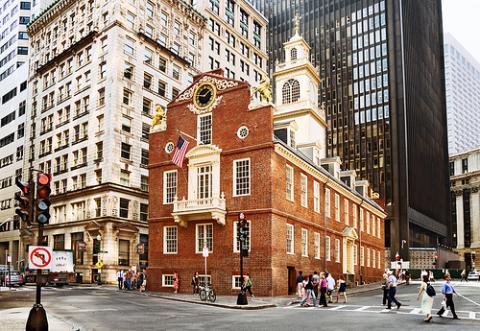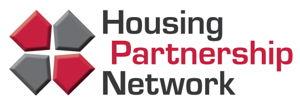Updated August 2017
As the largest city in New England, and one of its oldest, Boston has long been the region's economic and cultural hub. According to 2016 Census Bureau estimates, the city’s population is over 673,000. While still lower than its peak of 800,000 in 1950, Boston has been steadily growing since 1980 and the Greater Boston region is home to over 4.7 million people – making it the tenth-largest metropolitan area in the country.
The city's population is 47 percent white American, 24 percent African American, 18 percent Hispanic American, and 9 percent Asian American. People of Irish and Italian ancestry comprise about one quarter of the city (16 percent and 8 percent respectively), while people of West Indian ancestry are the third largest group with 6 percent of the city's population. Among the nation's 50 most populated cities, Boston ranks fifth in the percentage of adults identifying themselves as gay, lesbian, or bisexual (12.3 percent).
According to a 2017 Boston Planning and Development Agency research report, the city’s economy grew by 3.6 percent between 2014 and 2015 (higher than the U.S. economy as a whole, which experienced just 2.6 percent growth). Annual job growth has also outpaced state and national averages and unemployment is just 3.5 percent, the lowest it has been since 2000.
Despite these positive trends, poverty remains a significant challenge, with over one-fifth (22 percent) of all city residents living below the poverty line, a rate well above the national and state averages (16 and 12 percent). Moreover, reports suggest that poverty is especially high among the city’s minority populations. Reflecting this, a 2016 Brookings Institute analysis ranked Boston as the city with the greatest income inequality in the nation, with its top five percent earning $266,224 a year compared to its bottom 20 percent earning just $14,925.
Working to address these stark disparities are a range of community wealth building organizations. The city is home to numerous CDCS including, for instance, Dorchester Bay Economic Development Corporation, which has developed more than 1,110 units of affordable housing as well as commercial space that includes a $14.5 million shared kitchen space credited with creating 120 jobs. CDFIs are also playing an important role. For example, Boston Community Capital has loaned more than $1 billion to efforts credited with preventing more than 800 foreclosure-related evictions, renovating 2 million square feet of real estate, building or preserving nearly 20,000 units of affordable housing, and creating 4,440 living-wage jobs.
The city is also home to dozens of cooperatives and organizations focused on supporting cooperative enterprises. One such organization, the ICA Group, has helped start more than 30 cooperatives and social enterprises, and has converted dozens of companies to worker ownership, saving or creating over 10,000 jobs. Recognizing that cooperative enterprises could reduce economic inequality, the City of Boston launched its Worker Cooperative Initiative, an effort that offers on-site technical assistance, small business loans, and general workshops to help support and grow Boston’s worker-owned businesses.
An overview of community wealth building efforts follows:


